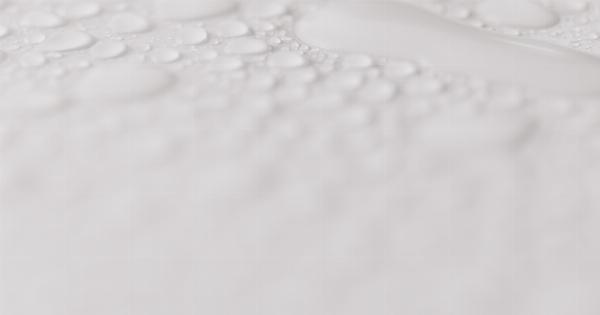Hand washing is a crucial step to maintain personal hygiene and protect ourselves from getting infected with diseases. Proper hand washing techniques and using the right temperature of water play an important role in the effectiveness of hand washing.
The question arises, which one is more effective; hand washing with cold water or hot water? In this article, we will explore the effectiveness of hand washing with cold water vs. hot water and the scientific reasoning behind each method.
Hot Water for Hand Washing
Hot water is the most common temperature used for hand washing. Hot water helps to break down and dissolve oils present on the skin, making it easier to remove dirt and bacteria.
According to the Centers for Disease Control and Prevention (CDC), hot water should be between 100°F to 120°F (37°C to 49°C) for effective hand washing.
Studies have found that washing hands with hot water significantly reduces bacterial counts compared to washing with cold water.
For example, a study published in the Journal of Food Science found that washing hands with 38°C water (100.4°F) and soap for 15 seconds removed 90% of bacteria, while washing with 15°C water (59°F) and soap only removed 30% of bacteria.
Despite the advantages of hot water for hand washing, there are some drawbacks. Hot water can cause the skin to become dry and irritated, especially with prolonged exposure.
This can lead to cracking and peeling of the skin, increasing the risk of infection. Additionally, hot water can increase the risk of burns in children, the elderly, and people with sensory impairments.
Cold Water for Hand Washing
Cold water is an alternative to hot water for hand washing. Cold water does not have the same ability to dissolve oils, but it can still help remove dirt and bacteria from the skin.
According to the CDC, water temperature between 60°F to 70°F (15°C to 21°C) can be used for effective hand washing.
Several studies have compared hand washing with cold water to hot water.
A study published in the Journal of Food Protection found that washing hands with 15°C water and soap for 30 seconds was as effective in removing bacteria as washing with 38°C water. Another study published in the Journal of Hospital Infection found no significant differences in bacterial removal between washing hands with 15°C water and 38°C water.
Cold water has some advantages for hand washing. It can help reduce skin irritation, especially for people with sensitive skin. Additionally, cold water can save energy and reduce water bills compared to using hot water.
Which Temperature is More Effective?
Based on the above studies, it appears that hot water is more effective for hand washing than cold water.
However, the difference in effectiveness may not be significant enough to outweigh the potential risks of using hot water, such as skin irritation and burns.
The effectiveness of hand washing depends on several factors other than water temperature, such as the duration of washing, the use of soap, the technique of rubbing hands, and the drying method.
The CDC recommends washing hands with soap and water for at least 20 seconds, rubbing hands together vigorously, and making sure to lather all surfaces, including the backs of hands, wrists, and between fingers.
After washing, hands should be dried thoroughly with a clean towel or air dryer. These factors are more important than water temperature when it comes to effective hand washing.
Conclusion
Both hot water and cold water can be used for hand washing, and both have advantages and disadvantages. Hot water may be more effective in removing bacteria, but it can cause skin irritation and burns.
Cold water may be less effective, but it can reduce skin irritation and save energy. However, the difference in effectiveness between the two may not be significant enough to outweigh other factors, such as duration, soap, technique, and drying method.
Ultimately, the most important factor in hand washing is proper technique and consistency.






























